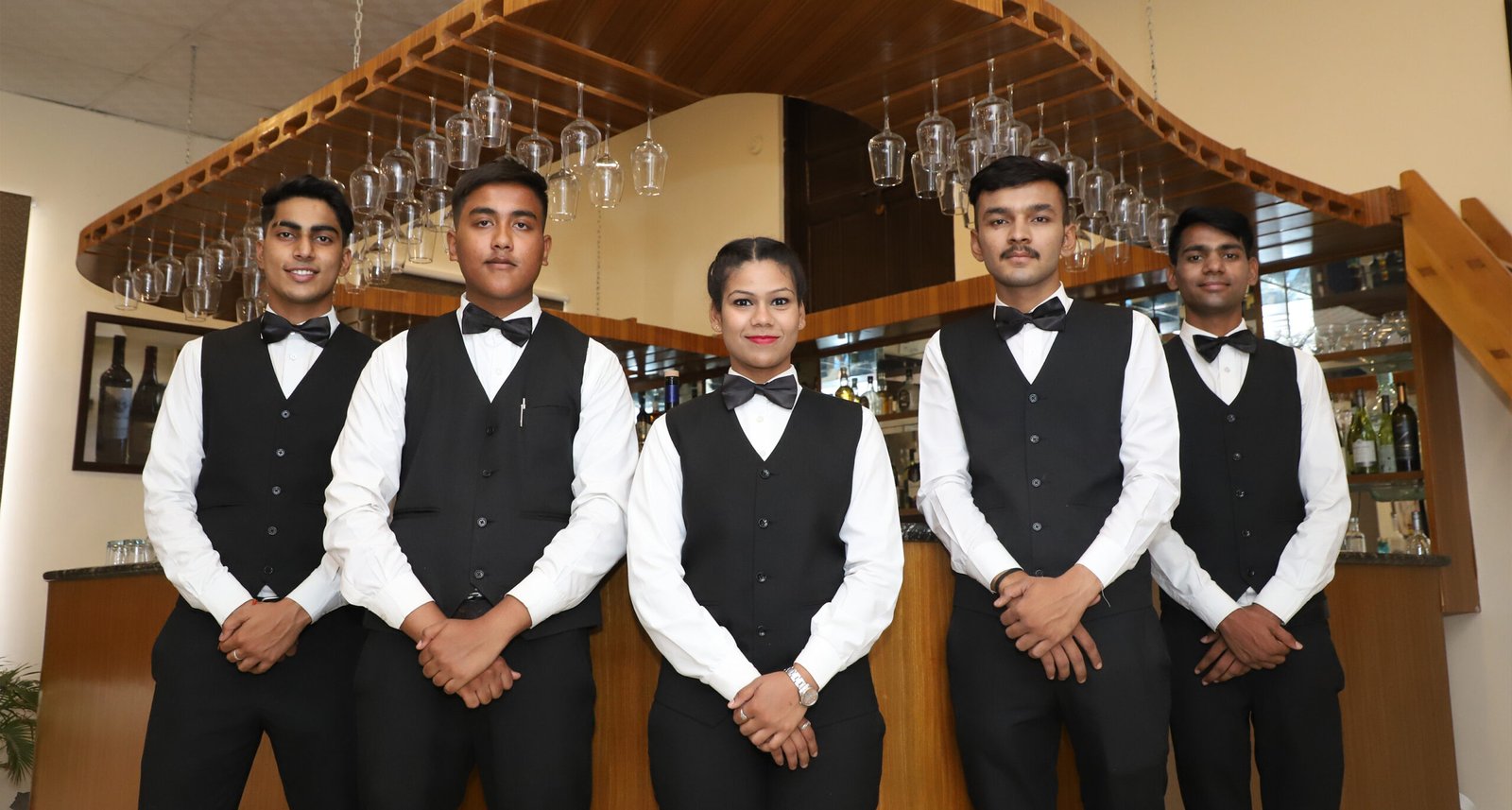In today’s hyper-connected hospitality landscape, the guest experience begins long before check-in and extends well beyond checkout. Travelers are no longer content with basic amenities and courteous service alone. They seek personalized experiences, intuitive service, and a seamless journey that reflects value, comfort, and memorability. For future hospitality professionals, this shift emphasizes why foundational learning from a reputed Hotel Management college in Jodhpur is not just beneficial, but essential.
Understanding Modern Guest Expectations
Guests today are informed, empowered, and highly discerning. They make decisions based on online reviews, peer recommendations, and value alignment. Beyond cleanliness and comfort, they now prioritize:
- Personalization: Tailored experiences that reflect their preferences—be it room temperature, cuisine, or even pillow type.
- Responsiveness: Quick resolution of complaints and queries, often expected in real-time through digital channels.
- Sustainability: Eco-friendly operations, locally sourced ingredients, and transparent policies now influence booking decisions.
- Technology Integration: Guests expect keyless entry, mobile check-ins, smart room controls, and virtual concierges.
Meeting these expectations requires more than operational efficiency; it demands strategic experience management rooted in real-world knowledge and leadership skills.
The Evolution of Experience Management in Hospitality
Experience management has evolved from a reactive function to a proactive strategy. Hotels that anticipate needs before they arise—offering upgrades on special occasions or remembering a returning guest’s room preference—gain a competitive edge. The shift is from offering a “stay” to curating an “experience.”
Experience management involves:
- Mapping the Guest Journey: From the booking process to post-stay follow-ups, each touchpoint is analyzed for improvement.
- Leveraging Data Analytics: Guest feedback, online reviews, and loyalty behaviors provide actionable insights.
- Empowering Employees: Trained staff members who can empathize and make on-the-spot decisions elevate guest satisfaction.
- Creating Emotional Connections: Consistent quality, authentic interactions, and meaningful storytelling resonate with guests and build loyalty.
Such nuanced understanding of human behavior and service strategy is developed through structured learning, especially in courses like a Degree in hotel management in Jodhpur, which focuses on both theoretical grounding and practical application.
Bridging the Gap Between Training and Reality
The transition from classroom theory to on-ground execution can be overwhelming if not handled correctly. Real-life guest expectations often go beyond textbook scenarios. This is where experience-driven learning becomes vital. Institutions that prioritize internships, industry exposure, and live case studies help students:
- Handle unpredictable situations with confidence
- Develop empathy and cultural sensitivity
- Make data-backed decisions
- Embrace innovation without losing the human touch
Moreover, seasoned faculty with industry backgrounds bring valuable insights, offering guidance on real-world challenges and proven solutions.
Role of Technology in Shaping Guest Experiences
The digital revolution has redefined hospitality standards. Today, technology plays a central role in shaping guest experiences:
- AI-Powered Chatbots: Provide 24/7 guest assistance, reducing wait times and increasing efficiency
- CRM Systems: Help hotels remember guest preferences and customize interactions
- Smart Rooms: Enhance comfort with automated lighting, entertainment, and climate controls
- Social Listening Tools: Track online sentiment in real time, allowing brands to adapt and respond effectively
However, technology alone cannot drive loyalty. It must be integrated thoughtfully into human-centric strategies to support, not replace, hospitality values.
Delivering on the Promise: What Guests Value Most
While expectations vary across demographics and cultures, several universal desires remain:
- Consistency: Guests expect the same quality and standards regardless of location or time
- Transparency: Clear communication regarding pricing, services, and policies builds trust
- Recognition: Small gestures like remembering a guest’s name or celebrating an anniversary make a lasting impression
- Recovery: How a hotel handles a mistake often defines whether a guest will return or leave a negative review
Hotels that prioritize experience management turn these moments into brand-defining opportunities. They invest in training, feedback mechanisms, and innovation to keep evolving.
Future-Proofing Hospitality Careers Through Education
For aspiring professionals, mastering experience management is non-negotiable. It’s not a module—it’s the heart of hospitality. Academic programs that blend operational training with exposure to real guest behavior create professionals who are not just job-ready but industry-ready.
AHA Jodhpur stands out in this regard, offering rigorous coursework, hands-on training, and mentorship. The curriculum is tailored to instill critical thinking, problem-solving, and service excellence—all through the lens of authenticity and guest centricity.
The global industry needs leaders who can anticipate trends, adapt to change, and elevate service standards. By investing in the right education today, students position themselves to lead tomorrow’s guest experience revolution.
Conclusion: Guest Experience is the New Brand
In an age where a single tweet can impact reputation and a five-star review can fill up rooms, guest experience is the new currency of hospitality. Managing it effectively requires a blend of empathy, technology, skill, and continuous learning. Institutions that recognize this paradigm—like AHA Jodhpur—ensure that students don’t just enter the industry, but transform it.




